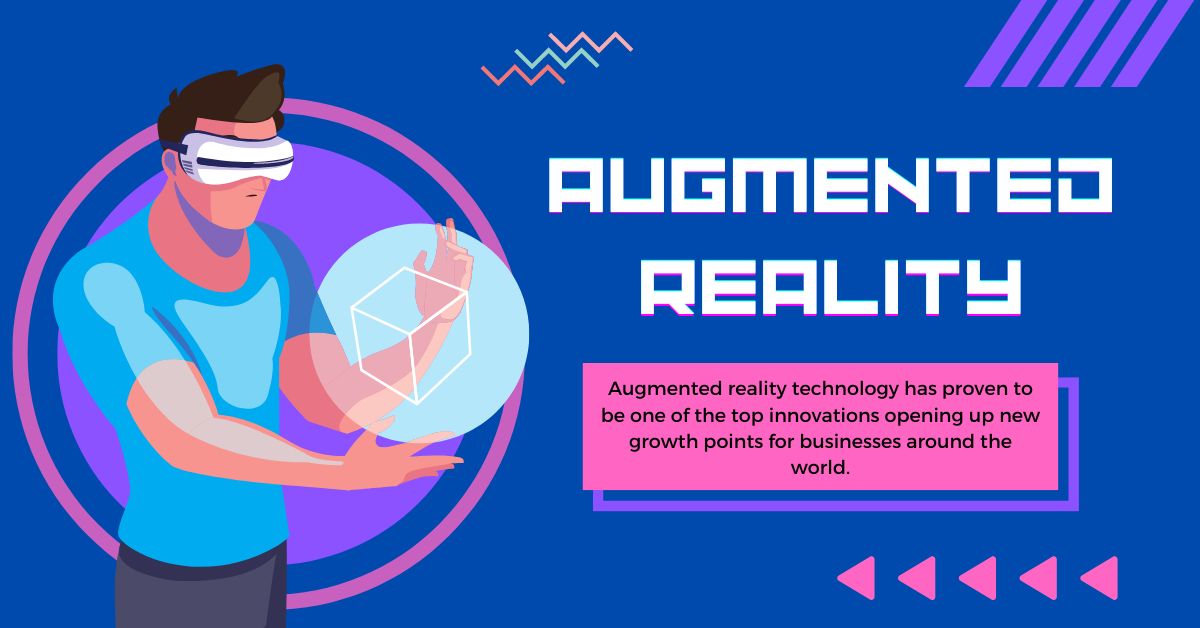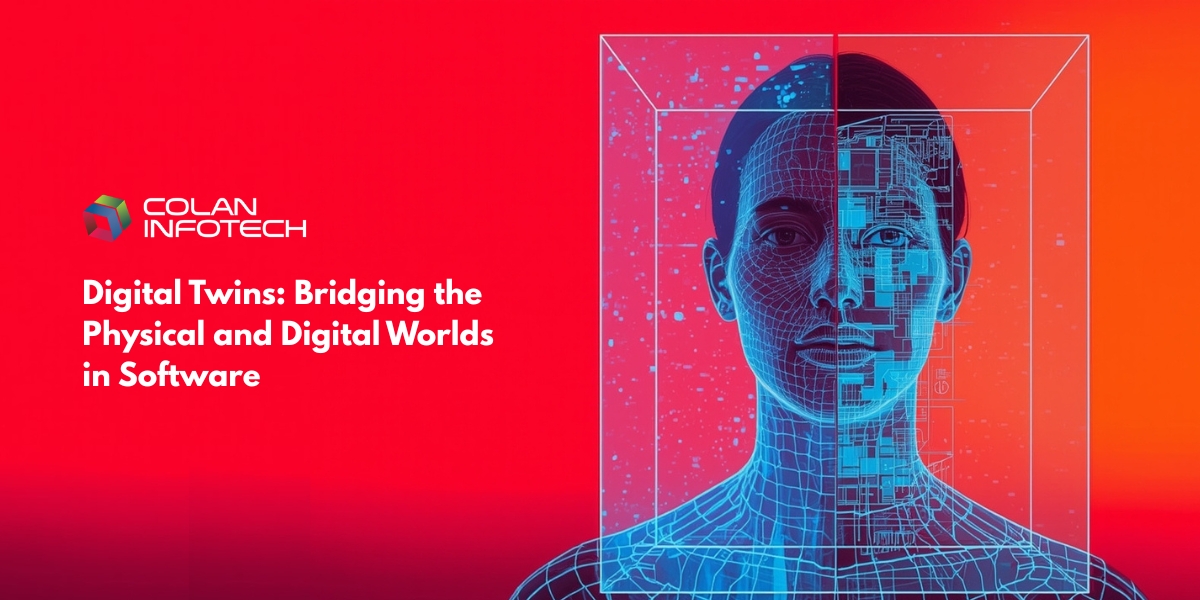AR in Marketing: Creating Immersive Brand Experiences for Customers

4 min read | By Postpublisher P | 30 August 2023 | Technology
In recent years, Augmented Reality (AR) has emerged as a powerful tool in the world of marketing. This innovative technology has changed the way businesses interact with their customers, allowing them to create immersive and engaging brand experiences. From enhancing product demonstrations to offering interactive storytelling, AR has opened up a new realm of possibilities for marketers to captivate their audience like never before.
What is Augmented Reality (AR)?

Augmented Reality is a technology that overlays virtual elements onto the real world, typically through the use of a smartphone, tablet, or AR glasses. Unlike Virtual Reality (VR), which completely immerses users in a simulated environment, AR enhances the real-world experience by adding digital elements to it. This seamless integration between the virtual and physical worlds has made AR an attractive tool for marketers seeking to provide interactive experiences to their customers.
AR in Product Demonstrations
One of the most significant ways AR is transforming marketing is through product demonstrations. Traditionally, customers would have to rely on images, videos, or physical displays to understand how a product works. With AR, they can now visualise products in 3D, allowing them to explore every aspect, feature, and detail from the comfort of their homes.
For instance, furniture retailers are using AR to enable customers to see how a piece of furniture would look in their living room before making a purchase. This not only reduces the chances of returns but also enhances customer confidence in their buying decisions.
Interactive Brand Storytelling
Storytelling has always been a powerful tool in marketing, but AR takes it to a whole new level. Brands can now create interactive narratives and let customers become part of the story. By scanning products or specific triggers, users can unlock hidden content, animated characters, or immersive experiences.
Imagine a cosmetic brand that uses AR to tell the story of its products’ journey from raw materials to finished goods. Customers can scan the product’s packaging and witness the entire process in an engaging and entertaining way. This not only educates the customers but also leaves a lasting impression, fostering a stronger emotional connection with the brand.
AR Gamification for Customer Engagement
Gamification has proven to be an effective strategy to increase customer engagement, and AR can amplify its impact. Brands can develop AR-powered games and challenges that encourage users to interact with their products or visit physical stores. Rewards and incentives can be offered for completing these challenges, driving customer loyalty and brand advocacy.
For example, a sportswear brand might create an AR-powered scavenger hunt, leading customers to different locations where they can find virtual items and unlock special discounts on the brand’s products.
AR for Virtual Try-Ons
The fashion and beauty industries have embraced AR as a means of allowing customers to virtually try on clothing, accessories, and makeup products. This functionality not only enhances the online shopping experience but also reduces the hesitation customers may have about purchasing items without physically trying them.
Virtual try-ons leverage AR technology to superimpose products onto the customer’s live image, giving them a realistic sense of how the items would look on them. This feature has not only increased sales but has also become a valuable marketing tool for sharing personalised looks on social media.
Closing Thoughts
Augmented Reality has opened up a whole new dimension for marketers to engage with their customers and create memorable brand experiences. From enhancing product demonstrations to offering interactive storytelling and gamified experiences, AR has the potential to revolutionise the way businesses connect with their target audience.
As technology continues to advance, we can expect AR to become even more sophisticated and accessible. Brands that embrace this trend early on will not only stay ahead of the competition but will also forge stronger and more meaningful connections with their customers, ultimately leading to increased brand loyalty and advocacy.
In conclusion, AR in marketing is not just a fleeting trend but a powerful tool that has the potential to reshape the marketing landscape, creating immersive brand experiences that leave a lasting impact on customers.
The latest from our editors
Join over 150,000+ subscribers who get our best digital insights, strategies and tips delivered straight to their inbox.


